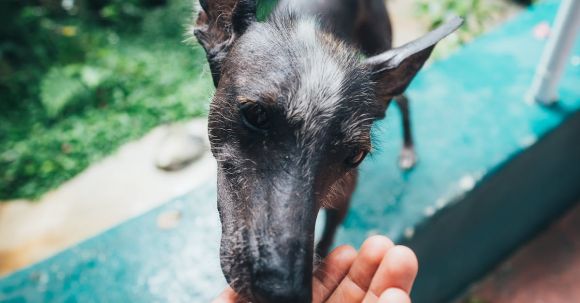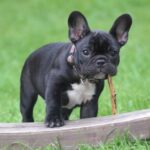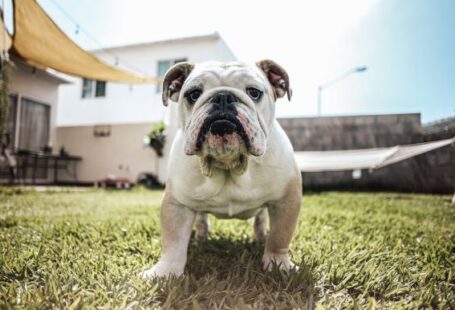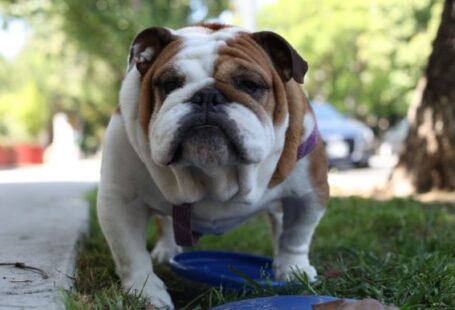English Bulldogs are charismatic and lovable dogs known for their distinctive appearance and friendly personalities. To keep them happy and healthy, it is crucial to provide them with a proper diet. In this article, we will explore the best types of food to feed your English Bulldog for optimal health.
Understanding the Nutritional Needs of English Bulldogs
Before diving into specific food options, it is important to understand the nutritional needs of English Bulldogs. These dogs require a balanced diet that includes proteins, carbohydrates, fats, vitamins, and minerals. Proteins are essential for muscle development and repair, while carbohydrates provide energy. Fats, in moderation, are necessary for healthy skin and coat. Lastly, vitamins and minerals are vital for overall health and well-being.
High-Quality Commercial Dog Food
High-quality commercial dog food is a convenient and reliable option for feeding your English Bulldog. Look for brands that offer complete and balanced nutrition specifically formulated for bulldogs or large breed dogs. These foods often contain the right balance of protein, carbohydrates, and fats, as well as added vitamins and minerals.
When selecting commercial dog food, read the ingredient list carefully. Look for real meat sources like chicken, beef, or fish listed as the first ingredients. Avoid foods that contain fillers or artificial preservatives. Additionally, consider the specific needs of your English Bulldog, such as age, activity level, and any health conditions when choosing the appropriate formula.
Raw Food Diet
Some English Bulldog owners opt for a raw food diet, also known as a BARF diet (Biologically Appropriate Raw Food). This diet consists of raw meat, bones, fruits, and vegetables. Proponents of the raw food diet argue that it mimics the natural diet of dogs before commercial pet food became available.
If you choose to feed your English Bulldog a raw food diet, it is important to do thorough research and consult with a veterinarian. A raw food diet must be properly balanced to ensure that your dog receives all the necessary nutrients. It is also crucial to handle raw meat safely to prevent the risk of bacterial contamination.
Home-Cooked Meals
Another option for feeding your English Bulldog is home-cooked meals. This allows you to have full control over the ingredients and quality of the food. However, it is essential to consult with a veterinarian or canine nutritionist to ensure that the meals are nutritionally balanced.
When preparing home-cooked meals for your English Bulldog, focus on lean protein sources such as chicken, turkey, or lean beef. Include a variety of vegetables like carrots, peas, and sweet potatoes for added vitamins and minerals. Use whole grains like brown rice or quinoa as a source of carbohydrates.
Supplements for Optimal Health
In addition to a balanced diet, certain supplements can be beneficial for your English Bulldog’s optimal health. Omega-3 fatty acids, such as fish oil, can help improve skin and coat health, reduce inflammation, and support joint function. Probiotics can promote a healthy gut and improve digestion. However, it is important to consult with a veterinarian before adding any supplements to your dog’s diet to ensure they are appropriate and safe.
Conclusion: Nourishing Your English Bulldog
Feeding your English Bulldog a diet that meets their nutritional needs is essential for their overall health and well-being. Whether you choose high-quality commercial dog food, a raw food diet, or home-cooked meals, ensure that the diet is balanced and provides all the necessary nutrients. Remember to consult with a veterinarian or canine nutritionist to tailor the diet to your Bulldog’s specific needs. By nourishing your English Bulldog with the right food, you can help them lead a long, healthy, and happy life.





